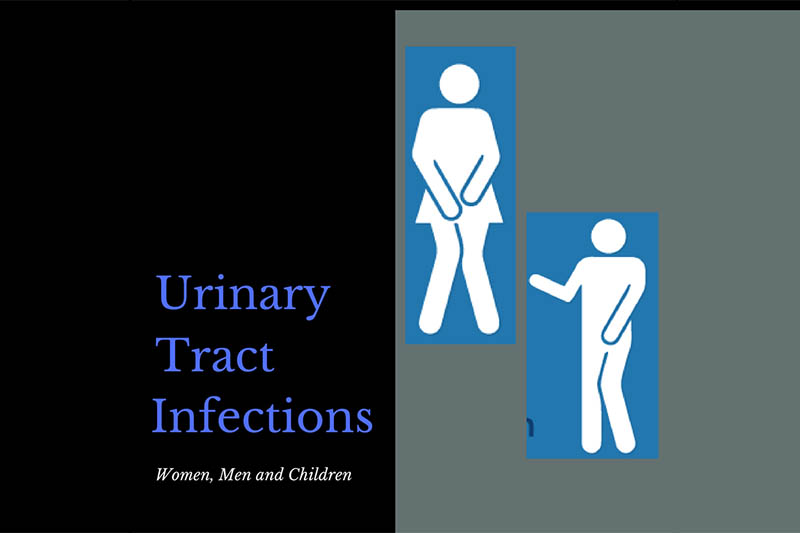
What are UTI’s? Urinary Tract Infections
Do you… Frequently or urgently need to urinate Often only pass small amounts of urine Have Pain or burning sensation when urinating These can be symptoms of urinary tract infections. There
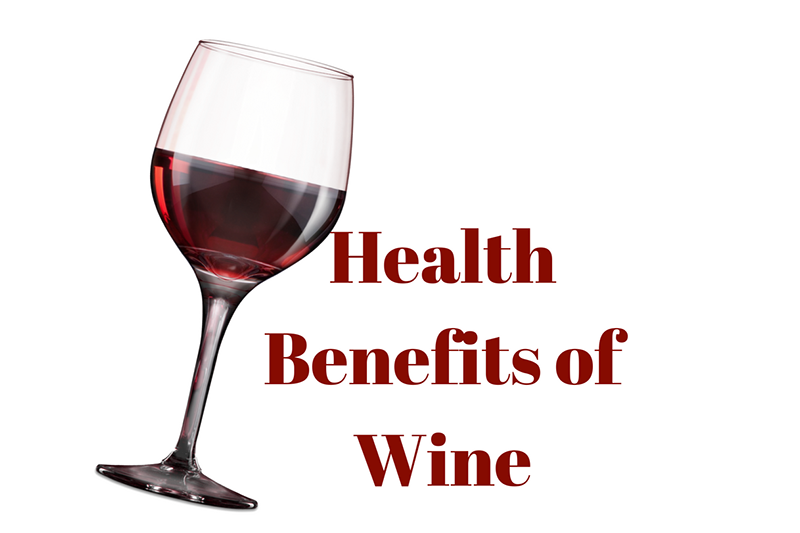
Wine is an alcoholic drink many people enjoy dinner or to relax. It is an alcoholic beverage made from grapes which have been fermented without the addition of acids, sugars, enzymes, or other nutrients. In this process, yeast consumes the sugar in the fruit and converts it to ethanol and carbon dioxide. Different strains of yeast and different varieties of grapes produce different styles of wine. There are some varieties of wine that are not made from grapes and these include rice wines, and fruit wines such as plum, cherry, pomegranate, and elderberry. Red wines are made from the dark coloured grape varieties and involve the extraction of colour and flavour components from the grape skins. White wines, on the other hand, are made from the fermentation of non-coloured grape pulps, with the process not allowing any colouration from the skins. Because the skin of the grapes contains most of the antioxidants, red wines generally contain higher amounts of these antioxidant compounds.
Wine has existed for thousands of years with the earliest known examples dating back to Georgia (6000BC), Iran (5000BC), and Sicily (4000BC), although evidence has been found of a rice/grape-based fermented drink even earlier, in 7000BC in China.
There are different variants of wine including white wine, red wine, rosé, sparkling wines, and fruit wines, with red wine widely considered to be the healthiest, with the most beneficial side effects.
A commonly known phenomenon, called the French paradox, refers to the people who live in certain parts of France where red wine is more commonly consumed having lower percentages of deaths from coronary heart disease, even though they lead a lifestyle that is considered to have higher risks than those living in other developed countries. This paradox is believed to be due to the health benefits of red wine, particularly the positive effect it has on heart health.
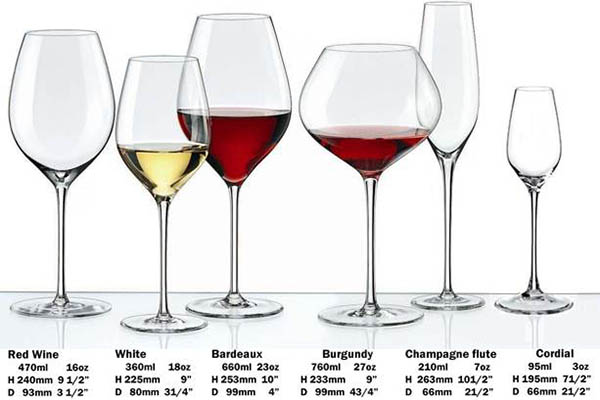
The health benefits of wine only occur when consumed in moderation. The appropriate pour size for a glass of wine is considered to be a 5 ounce/148ml pour and the term “moderate drinking” refers to what medical experts define to be healthy. For women, it is 1 glass of wine per day, and for men, it is 2.
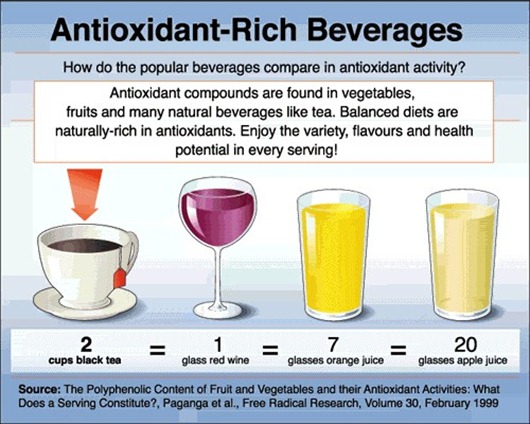

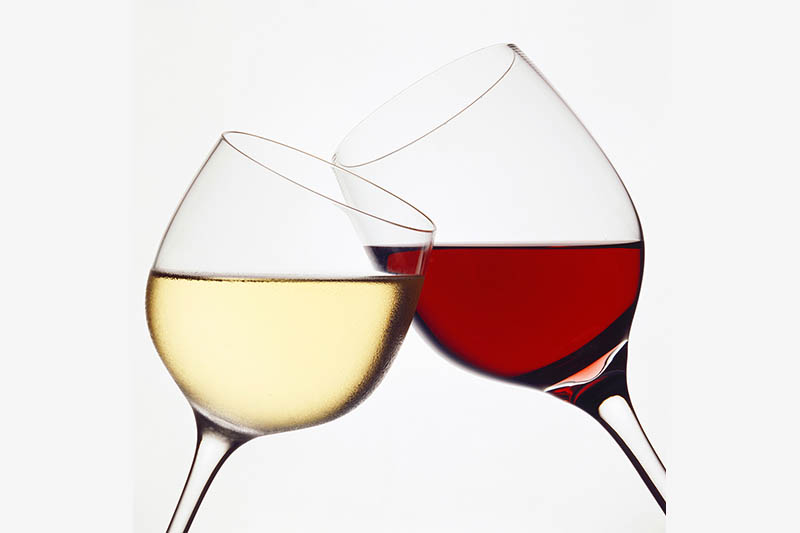
While white wine contains the same antioxidants, the levels of these are lower in white wine than red wine due to the way that it’s made. White wine is made with limited exposure to grape skins, which is where the majority of the antioxidants are found. The high amounts of polyphenols found in red wine also have the ability to counteract the pro-oxidant effects of ethanol and reduce oxidative stress. Drinks that are low in levels of phenolic compounds such as white wines have been found to be unable to combat the pro-oxidant effects of ethanol.
In a research study, both red and white wines were tested to determine their ability to inhibit the activity of an enzyme which causes the absorption of glucose. The study found that red wine was effective at inhibiting the enzyme by nearly 100%, while white wine’s inhibiting abilities only reached about 20%.
Scientists suggest that the darker the wine, the higher the antioxidant content, with pinot noir wines being found to be the type red wine with the highest levels of antioxidants.
It is important to note that the resveratrol found in wine is also found in the same or higher amounts in red grapes, blueberries, cranberries, and peanuts. It is also important to mention that the health benefits associated with red wine can also be achieved through proper diet and exercise, as well as getting enough sleep, reducing stress, and quitting smoking.
Research also shows that non-alcoholic or low-alcoholic wines may also provide the same health benefits.
A study in Cape Town, Africa, showed that upon a reduction of alcohol content from 12% to 6% the levels of antioxidants present in the wine were not altered. It was concluded that the consumption of non-alcoholic and low-alcoholic wines offer the same beneficial health effects as regular wine, without the added risks associated with it.
It is also important to mention that the health benefits of wine are only effective when consumed in moderation and alcohol consumption exceeding these levels is associated with negative health impacts including cancers, liver disease, addiction, depression, arrhythmias, organ damage, hypertension, heart disease, stroke, and pancreatitis.
Alcohol in itself is considered a neurotoxin that can poison the brain and damage the liver. Sulphates can also sometimes be used as purifiers in wines and cause reactions such as dermatitis, abdominal pain, diarrhea, asthmatic reactions, and anaphylaxis.
Cheaper, fortified wines, do not tend to have as much nutritional value, and as a result may contribute to negative health impacts due to their inability to combat the effect of ethanol on the body.

Do you… Frequently or urgently need to urinate Often only pass small amounts of urine Have Pain or burning sensation when urinating These can be symptoms of urinary tract infections. There
Disclaimer – Our intent is not to diagnosis but to offer information on therapy choices and practitioners. Information on this site is intended general educational purposes only. Any statements made are carefully referenced and any information, products or services discussed are not intended to diagnose, cure, treat or prevent any disease or illness. Please consult a healthcare practitioner before making a choice.